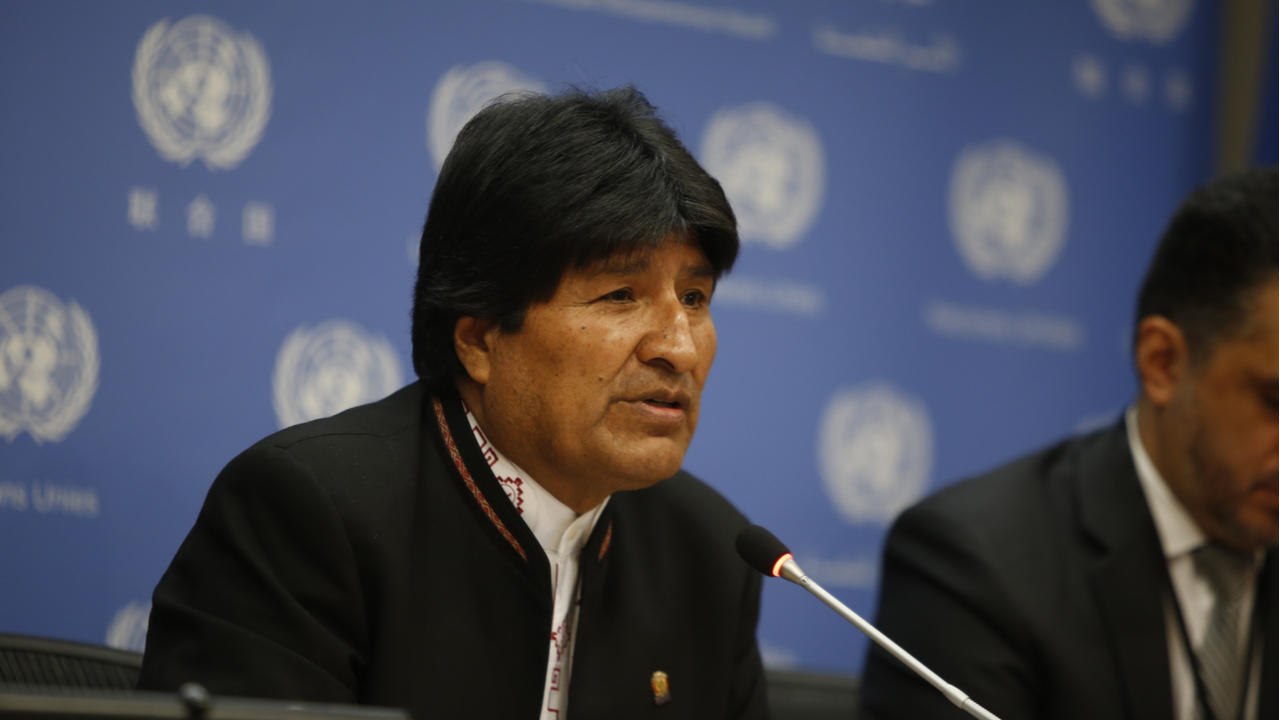As a rapidly changing political tragedy unfolds in Bolivia, and former president Evo Morales takes asylum in Mexico, English-language commentators have been preoccupied with what to call it. Was it a coup? No, say critics of Morales: it is “in fact something very different: proof that Bolivians … resent arbitrary rule,” according to Yascha Mounk, a Johns Hopkins political scientist, writing in the Atlantic. He and others argue that Morales sacrificed much of his legitimacy after 2016, when he lost a referendum to run for a fourth term, and decided to run anyway (a pliable constitutional court overturned the referendum results).
Yes, it was a coup, say his defenders (and Morales himself): “This is not a resignation. No one resigns with a gun to their head,” says a public letter drafted by academics and activists. On Twitter, #ThisIsACoup and #ThisIsNotACoup are both trending as competing hashtag catechisms, as if reciting the words will cast out the demons on the other side.
Let’s not mince words. It’s a coup. When an elected president is forced to resign by the head of the armed forces, after weeks of escalating street violence and a police mutiny, the word “coup” fits.
…
